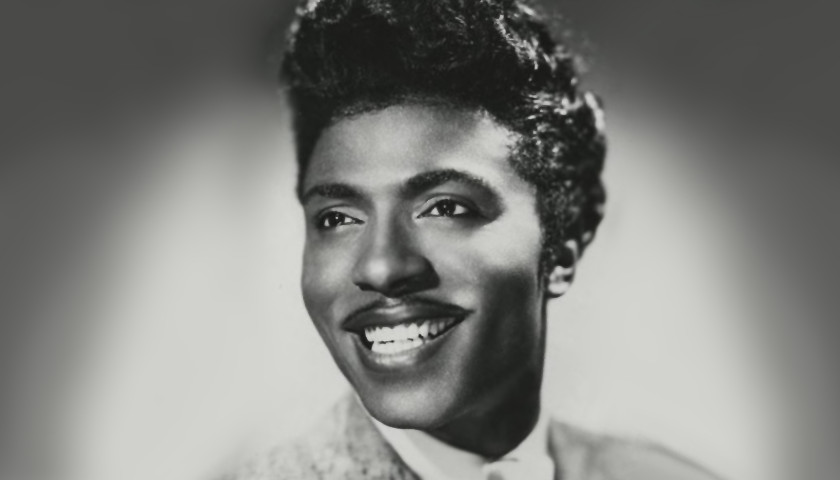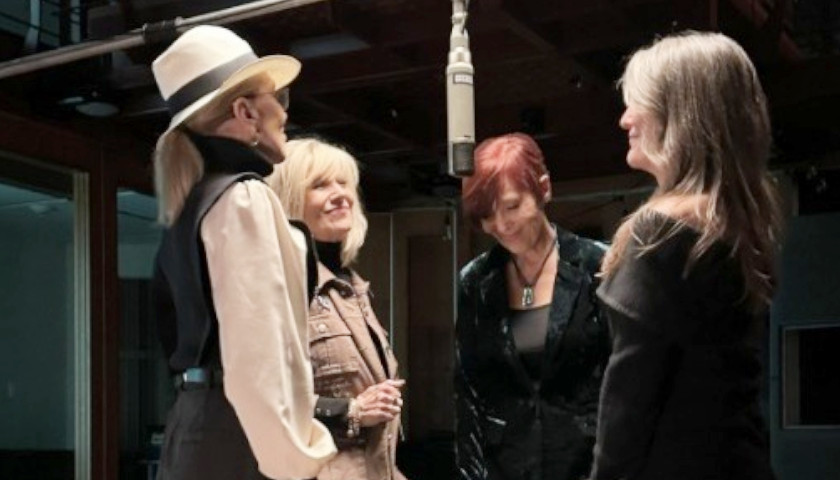by Lloyd Billingsley
Richard Wayne Penniman, better known as “Little Richard,” died on Saturday at his Nashville home. He was 87. Millennials and such may be unaware of the man and the great American music he pioneered.
As the big-band era of the 1940s began to wane, musicians opted for smaller combos. They pounded out a rollicking sound with a heavy backbeat, honking saxophones, percussive pianos, and simple lyrics that lingered in the mind. When Chuck Berry sang “roll over Beethoven, dig these rhythm and blues,” that was the music he was talking about. By the mid-1950s, rhythm and blues had been rebranded as rock and roll, and Little Richard was the king.
Backed by great musicians such as Earl Palmer on drums and Lee Allen on tenor saxophone, the Georgia native crashed away at the piano as he belted out bawdy lyrics that sent crowds into a frenzy. As “Rip it Up,” explains, Little Richard didn’t care if he spent all his dough, because tonight he was going to be “one happy soul.” As he told Miss Molly, “when you rockin’ and a-rollin’, you can’t hear your momma call.” She didn’t care, and neither did those dancing to the music.
For her part, Long Tall Sally was “built sweet, she got everything uncle John needs,” but like Miss Molly she was determined to “have some fun tonight.” A gal named Lucille was known for refusing to do her sister’s will. Little Richard wanted Lucille to come back where she belonged but when he asked some friends about her, alas, “all they lips was tight.”
Some unnamed woman kept knocking but Little Richard told her she couldn’t come in. He was probably busy at the time, maybe with Molly or Sally (though, as an admitted homosexual, maybe he was with somebody else). But he did say, “come back tomorrow night and try it again.” So maybe they hooked up after all.
The gal named Sue, “she know just what to do,” as Little Richard said in “Tutti Frutti,” ludicrously covered in 1957 by, yes, Pat Boone. The original artist was happy for the publicity and the royalties, and in 1956 Little Richard recorded a cover of “Lawdy Miss Clawdy,” first released by Lloyd Price in 1952.
Little Richard kept cranking out the hits, and some lesser-known tunes such as “True Fine Mamma,” the B-side of “Oh My Soul.” He punctuated many of his songs with that soaring falsetto “whoooo!” later imitated by the Beatles.
Little Richard’s music is not terribly sophisticated and the recordings do sound alike. On the other hand, there are no studio tricks, and as with fellow rock pioneer Chuck Berry, no politics or social messaging.
Little Richard, the first great rock showman, put it out there with all his might, and what you hear is what you get. If the music doesn’t move you in some way, maybe, as Edwin Starr said, you got “no kind of soul.”
Finally, fans may be unaware that Little Richard recorded gospel tunes such as “God is Real”; so it seems the American original was ready to move on long before he hit 87. Richard Penniman outlived many of his imitators, and, should he outlast them in the public mind as well, as time marches on, that would be a good thing.
– – –
Lloyd Billingsley, a non-Asian Atlantic Islander and Person of No Color, is the author of Barack ’em Up: A Literary Investigation, and Bill of Writes: Dispatches from the Political Correctness Battlefield.





